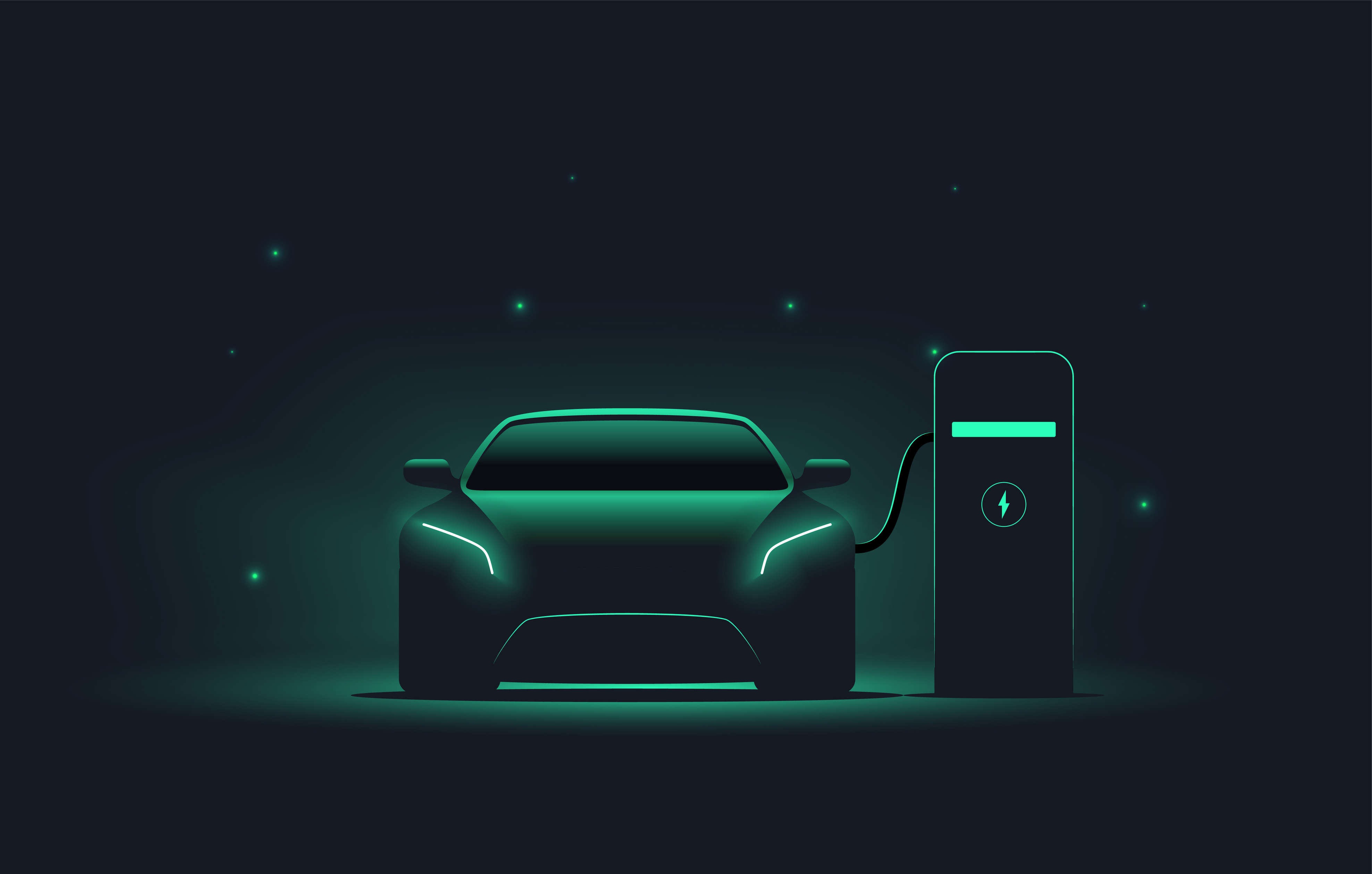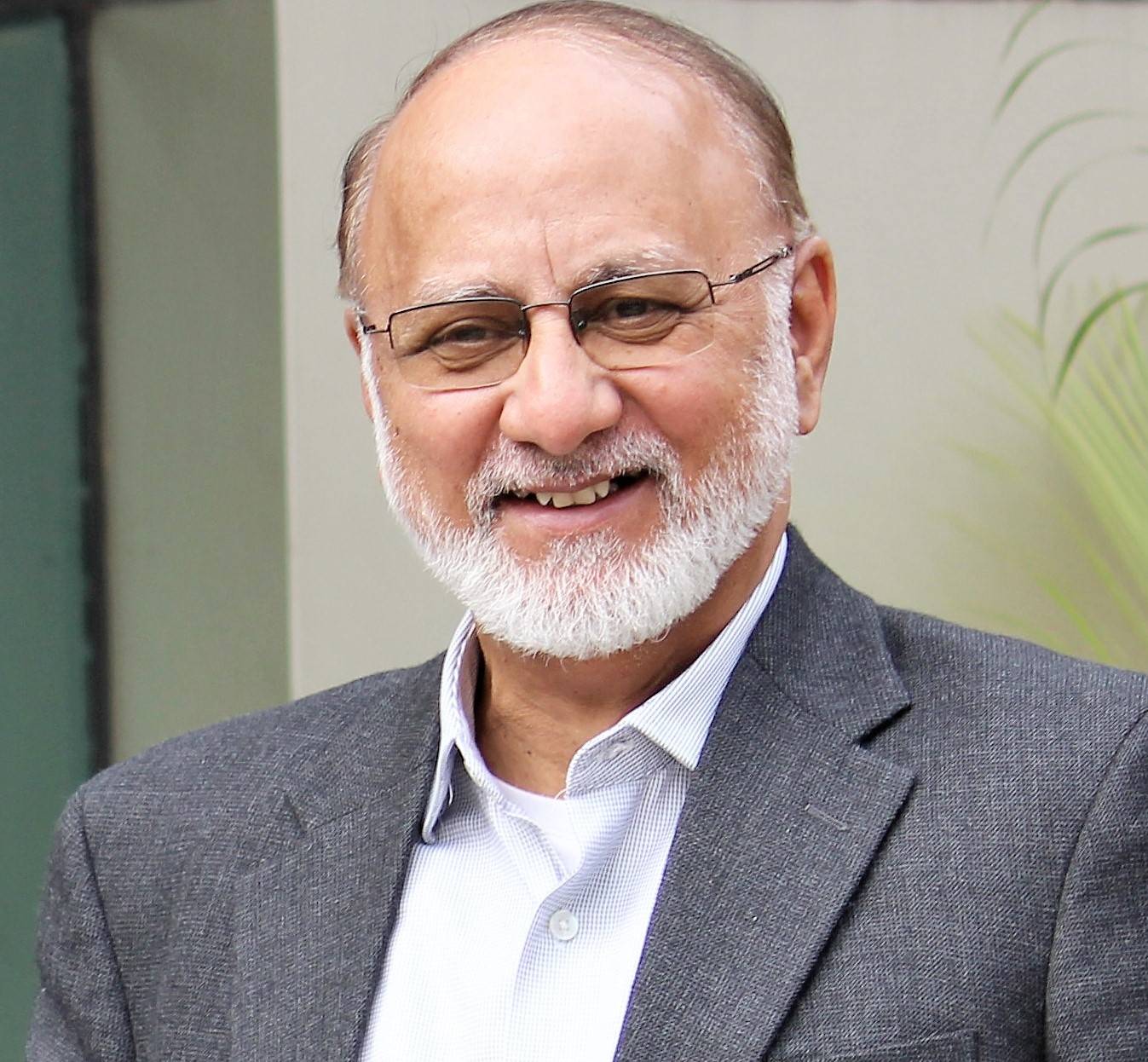
New Delhi: India’s nascent Electric vehicle industry has welcomed the ‘Maharashtra Electric Vehicle Policy’ and termed it as a step in the right direction to encourage adoption of clean energy vehicles in one of the largest states in the country and said it will set an example for other states to follow.
The new policy provides a host of financial incentives for buying electric vehicles in the state, over and above the subsidies already being provided under the central government’s FAME scheme
The Maharashtra government on Tuesday rolled out a revised EV (electric vehicle) policy in a move for a cleaner environment and amid the big EV push in the country. The state government has rolled out a INR 930 crore policy that’s valid till March 31, 2025, and announced EVs will be exempt from road tax and registration charges.
Under the policy, the government aims to have around three lakh newly registered electric vehicles a year in its major cities by 2025. It also targets to have around 1,500 charging stations in Mumbai itself by 2025 along with converting 15% of MSRTC buses to electric.
According to the Society of Manufacturers of Electric Vehicles (SMEV), with the amendment of FAME-II by the central government and now the individual state policies like this one have only encouraged the adoption of electric vehicles in India.
“The added subsidies from the government on batteries and overall vehicles apart from encouraging battery makers to invest in the state will aid the growing interest among investors and companies looking to make an entry into the manufacturing of parts for the segment,” SMEV director general Sohinder Gill said in a statement.
Naveen Munjal, MD, Hero Electric sees Maharashtra EV policy as a catalyst in achieving the company’s target of deploying 1 million scooters on road over the next few years. “With the announcement of revised EV policy by the state of Maharashtra, we expect the shift towards EV mobility in the country to gain more traction in the coming few days. The policy that aims to convert 10% of their overall vehicles to EVs by 2025 and install 1500 charging stations across the state, will make EVs an attractive option for mobility in the state,” Munjal said.

He further added Hero Electric is committed towards such initiatives and the company is ready to further expand its reach with the government support.
Expressing similar views, Shamsher Dewan, Group Head & Vice President – Corporate Sector Ratings, ICRA Limited, said given the state’s sizable contribution to overall vehicle sales in India, the policy’s allocation towards demand incentive (including early bird discount) is a major positive.
“Combination of various benefits offered under the policy will help in reducing the price-gap between EVs and ICE significantly, especially for e2Ws and e3Ws. The policy also favours considerable adoption of e-buses in key cities across the state,” he added.
The added subsidies from the government on batteries and overall vehicles apart from encouraging battery makers to invest in the state will only aid to the growing interest among investors and companies looking to make an entry into the manufacturing of parts for the segment,Sohinder Gill, Director General, SMEV
The Maharashtra government is targeting electrification of 25% of all public transport and last-mile delivery solutions over the next four years in Greater Mumbai, Pune, Nagpur, Nashik and Aurangabad. Additionally, the government is also offering incentives of up to INR 30,000 for e-three-wheelers (INR 75,000 in 2021) and INR 20 lakh for electric buses. EVs sold without a battery will only be eligible for 50% of the proposed incentives.
Furthermore, Maharashtra has taken a holistic approach to the policy, taking into account charging infrastructure. The state is working to develop a comprehensive charging network and is targeting setting up around 2,500 charging stations in seven urban agglomerates in the next four years. 1,500 of those are to be set up in the Greater Mumbai region; 500 in Pune, 150 each in Nagpur and Nashik, 75 in Aurangabad, 30 in Amravati and 20 in Solapur. The establishment of these stations will cover four major highways – Mumbai-Pune, Mumbai-Nashik, Mumbai-Nagpur and Pune-Nashik.
Within the segments electric two-wheeler accounts for largst share of incentives as part of the revised Maharashtra EV policy 2021, as the state government expects them to make up a substantial 10 percent of all new vehicle registrations in the state by 2025.
Maharashtra will subsidise the first 100,000 electric two-wheeler buyers, who are eligible for an incentive of INR 5,000 per kWh of battery capacity (incentive limit: INR 10,000; twice the previous cap of INR 5,000). It is also offering an early bird incentive of up to INR 15,000 (for an e-two-wheeler with a 3 kWh battery) for those who purchase the two-wheeler before 31 December, 2021.
Nagesh Basavanhalli, MD & Group CEO, Greaves Cotton and Director, Ampere Vehicles said “The EV policy announced by the Maharashtra Govt will be a great enabler of clean and green mobility. This will not only boost the growth of electric vehicles but will also provide employment at various levels and give impetus to the setting up of charging infrastructure.”


















